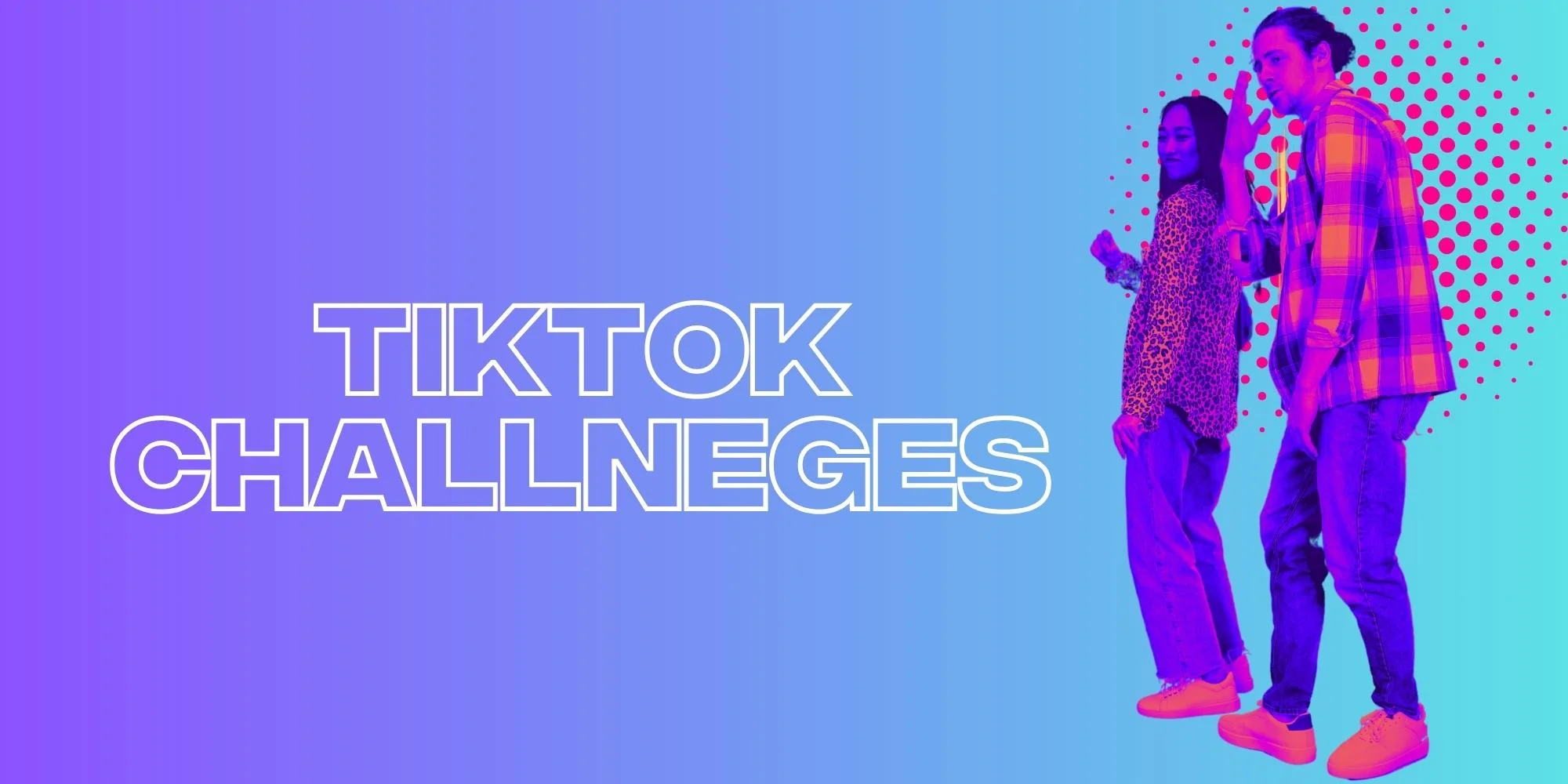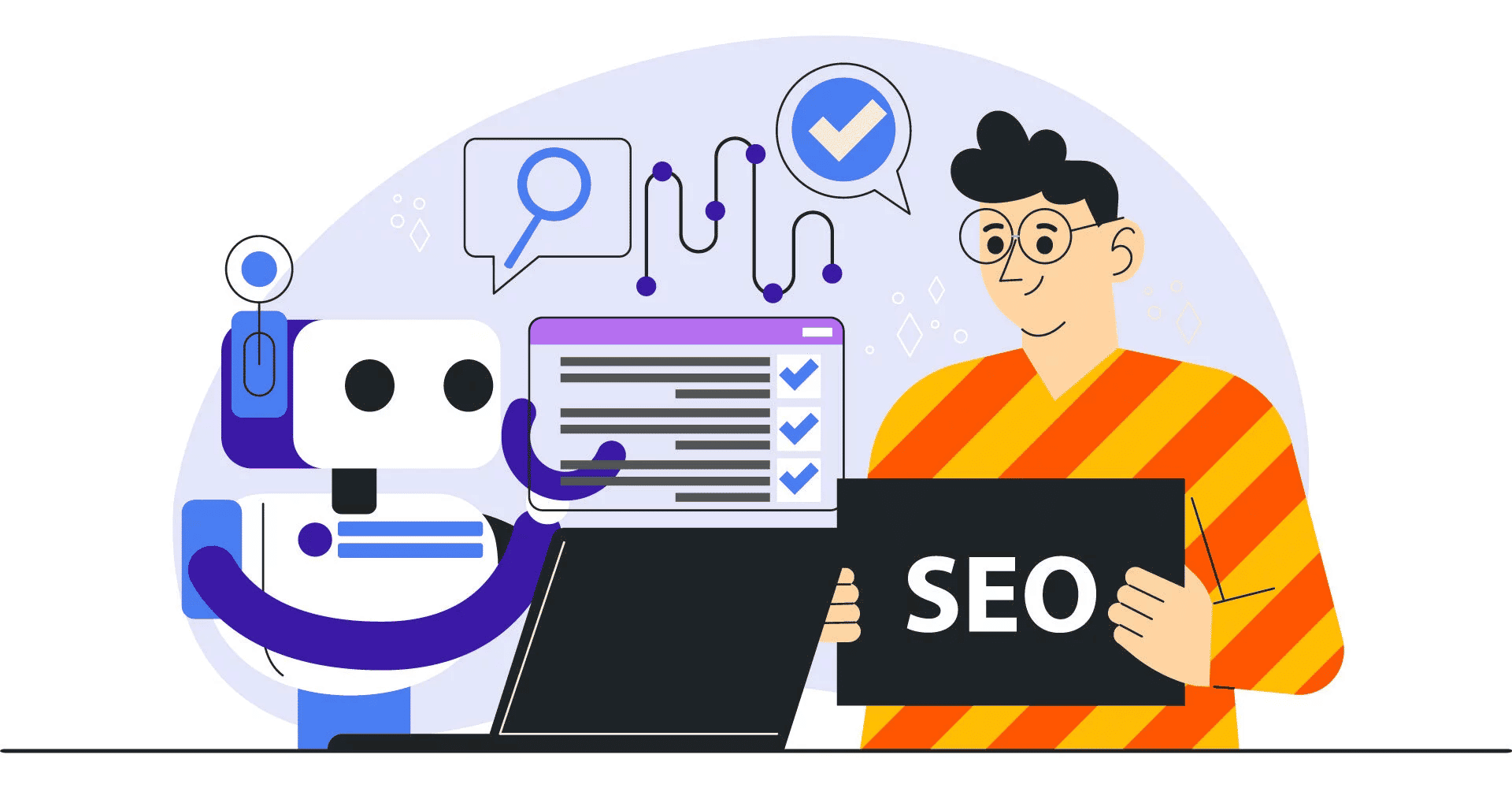In 2025, anxiety has become one of the most prevalent mental health challenges worldwide. With the fast-paced changes in society, economic instability, and the overwhelming presence of technology, many people are struggling to maintain their emotional well-being. Let’s delve into the key causes behind this rise and explore actionable solutions to navigate these challenges.
The Pressures of Modern Society
Unrealistic Expectations The modern world often glorifies achievement and productivity. From social media influencers showcasing seemingly perfect lives to workplaces demanding constant excellence, the pressure to meet unrealistic expectations has skyrocketed. This relentless pursuit of perfection leaves many feeling inadequate, fueling anxiety.
Social Isolation Despite living in an era of digital connectivity, many people feel more isolated than ever. The decline of in-person interactions and the breakdown of traditional support systems, such as close-knit communities, have contributed significantly to feelings of loneliness and anxiety.
Global Uncertainty The world is facing numerous challenges, including climate change, geopolitical conflicts, and public health crises. These uncertainties create a collective sense of dread, leaving individuals feeling powerless and overwhelmed.
Economic Factors Driving Anxiety
Rising Cost of Living Inflation and housing crises are making it increasingly difficult for individuals to afford basic necessities. Financial instability can lead to chronic stress, which is a major trigger for anxiety disorders.
Job Market Instability The evolving job market, driven by automation and the gig economy, has created uncertainty for workers. Many are concerned about job security, career growth, and the lack of benefits associated with freelance or contract work.
Debt Burden Student loans, credit card debt, and medical expenses are common financial burdens. These pressures often feel insurmountable, leading to anxiety about the future.
The Impact of Technology on Mental Health
Overstimulation and Information Overload The constant barrage of notifications, news updates, and online content can be overwhelming. This digital overload leaves little room for mindfulness, making it harder to relax and disconnect.
Comparison Culture Social media platforms have created a culture of comparison. Seeing others’ curated highlights can make people feel inadequate about their own lives, intensifying feelings of self-doubt and anxiety.
Cyberbullying and Online Harassment With the rise of digital platforms, cyberbullying has become a pervasive issue. Victims of online harassment often experience heightened levels of anxiety and stress.
Practical Solutions to Combat Anxiety
Building Resilience Through Routine Establishing a daily routine can provide a sense of stability. Simple habits like waking up at the same time, eating balanced meals, and setting aside time for relaxation can significantly reduce anxiety.
Fostering Real-Life Connections Making an effort to connect with others in person can combat feelings of isolation. Joining local clubs, volunteering, or simply spending time with friends and family can foster a sense of belonging.
Practicing Mindfulness and Meditation Mindfulness exercises, such as meditation and deep breathing, are proven to reduce stress and anxiety. Taking a few minutes each day to focus on the present moment can bring immense relief.
Limiting Screen Time Setting boundaries for technology use is essential. Designate tech-free zones, such as the bedroom or dining table, and schedule regular digital detox periods to disconnect and recharge.
Seeking Professional Help Therapy and counseling are invaluable tools for managing anxiety. Cognitive-behavioral therapy (CBT), for instance, is highly effective in helping individuals reframe negative thought patterns.
Promoting Physical Activity Exercise is a natural stress reliever. Engaging in regular physical activity, such as walking, yoga, or swimming, can boost mood and reduce anxiety levels.
Improving Financial Literacy Learning to manage money effectively can alleviate financial stress. Budgeting, saving, and seeking advice from financial experts can empower individuals to take control of their finances.
A Call to Action for a Supportive Society
Addressing the rising rates of anxiety requires collective effort. Governments, communities, and individuals each play a vital role. These initiatives can create a meaningful impact:
- Mental Health Education: Schools and workplaces should prioritize mental health awareness, teaching coping mechanisms and fostering open discussions.
- Accessible Healthcare: Expanding access to affordable mental health services can help those in need receive timely support.
- Community Engagement: Building strong, supportive communities can create environments where individuals feel valued and connected.
Moving Toward a Healthier Future
While the causes of anxiety in 2025 are multifaceted, solutions are within reach. By addressing societal pressures, tackling economic challenges, and managing technological impacts, we can work toward a world where mental well-being is a priority. It’s time to take meaningful steps—both as individuals and as a society—to create a healthier, more supportive environment for everyone.







